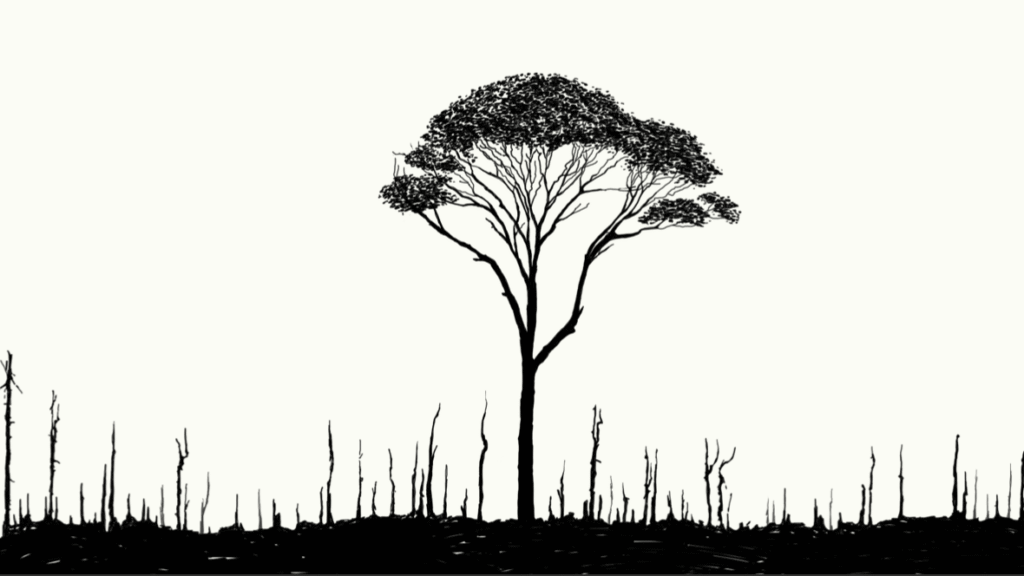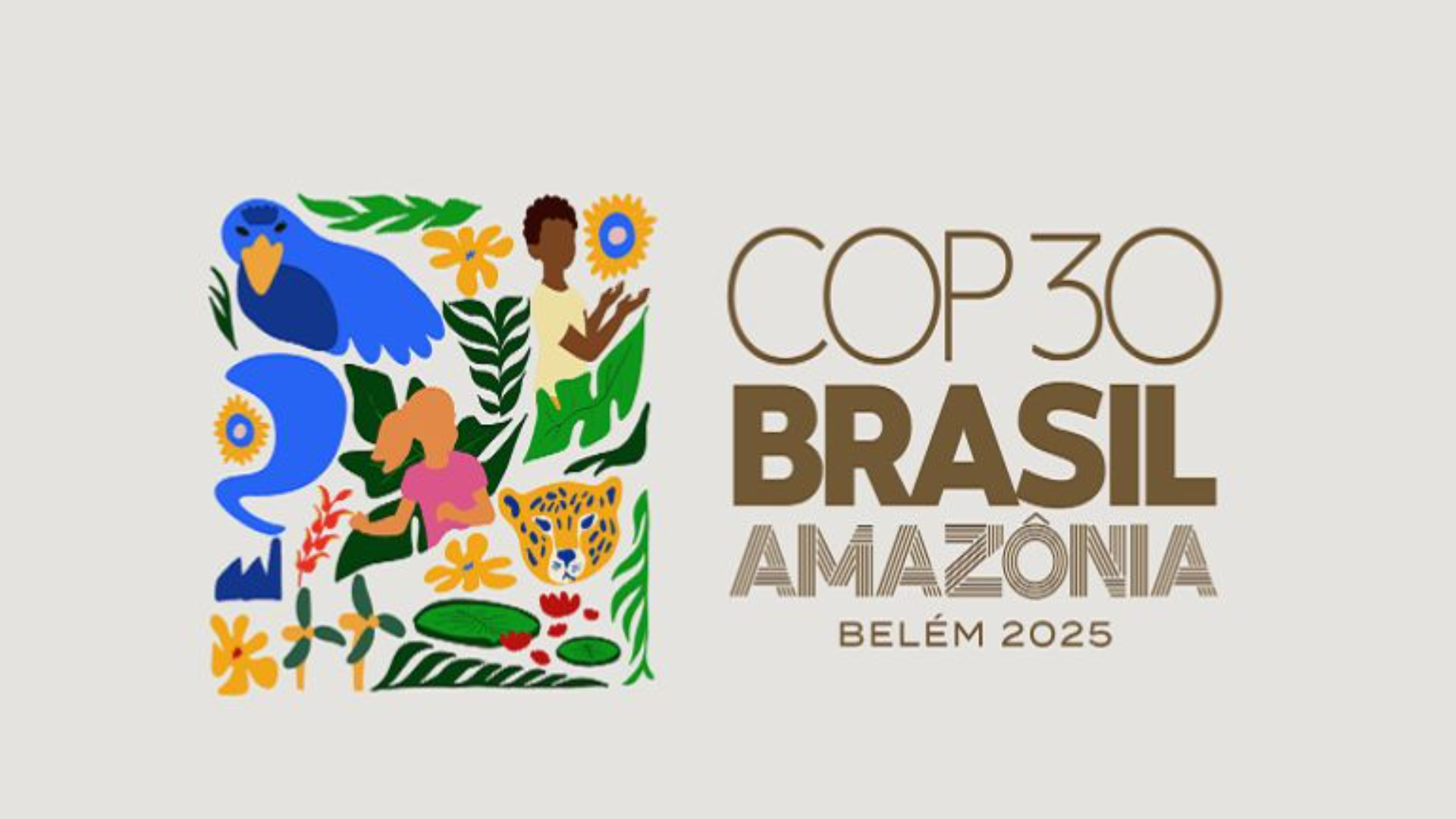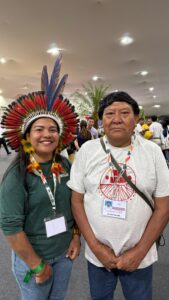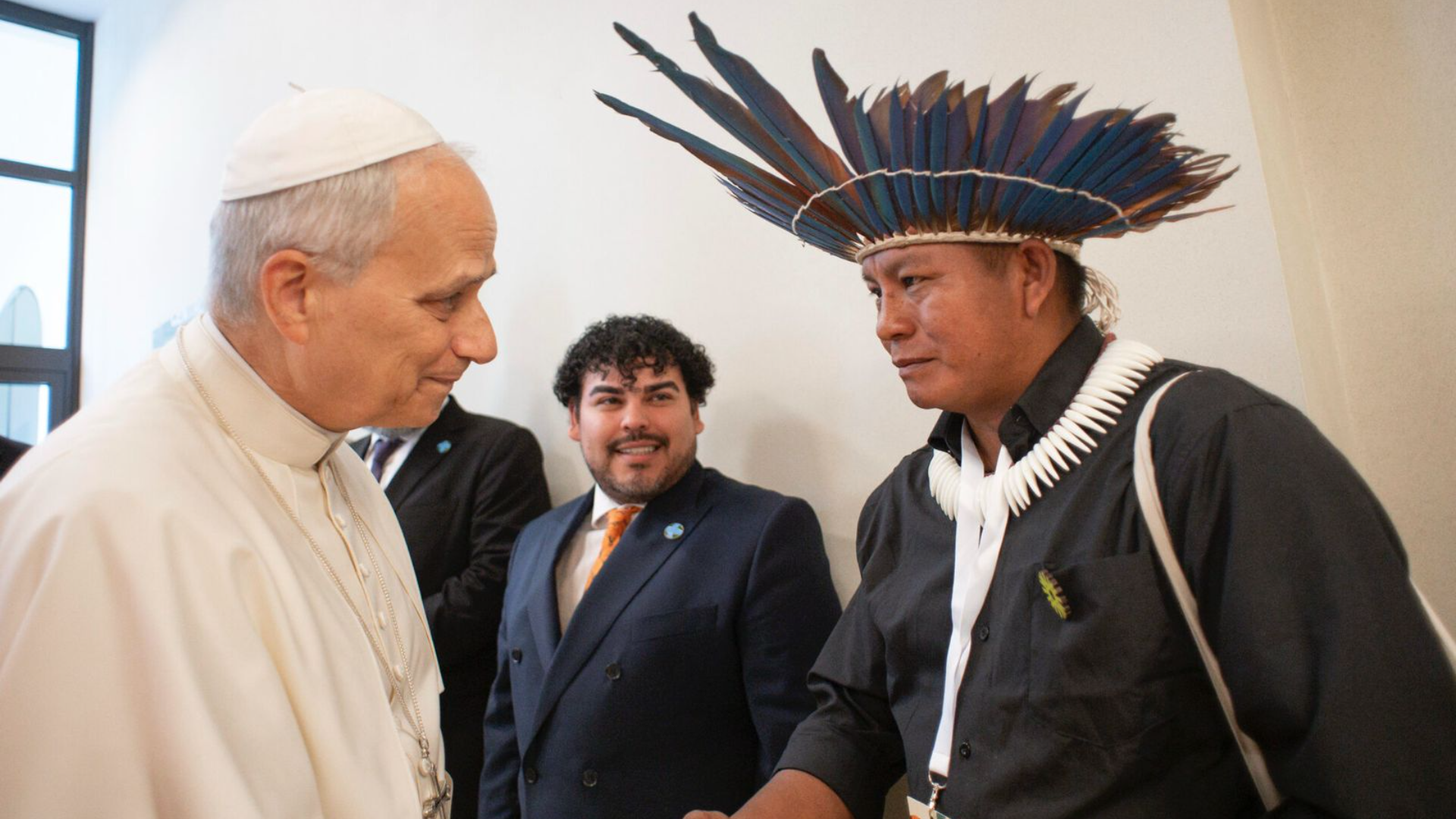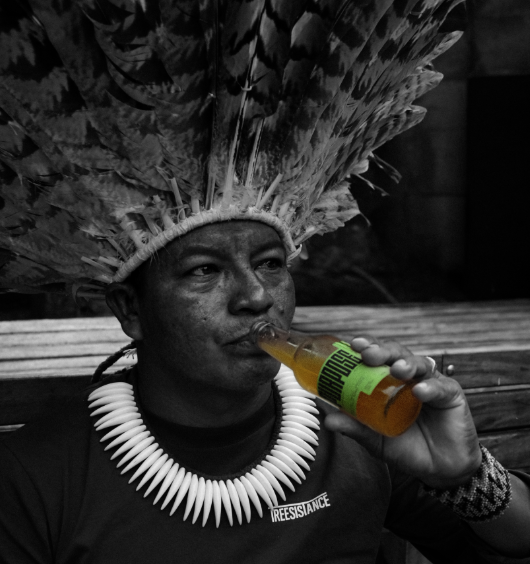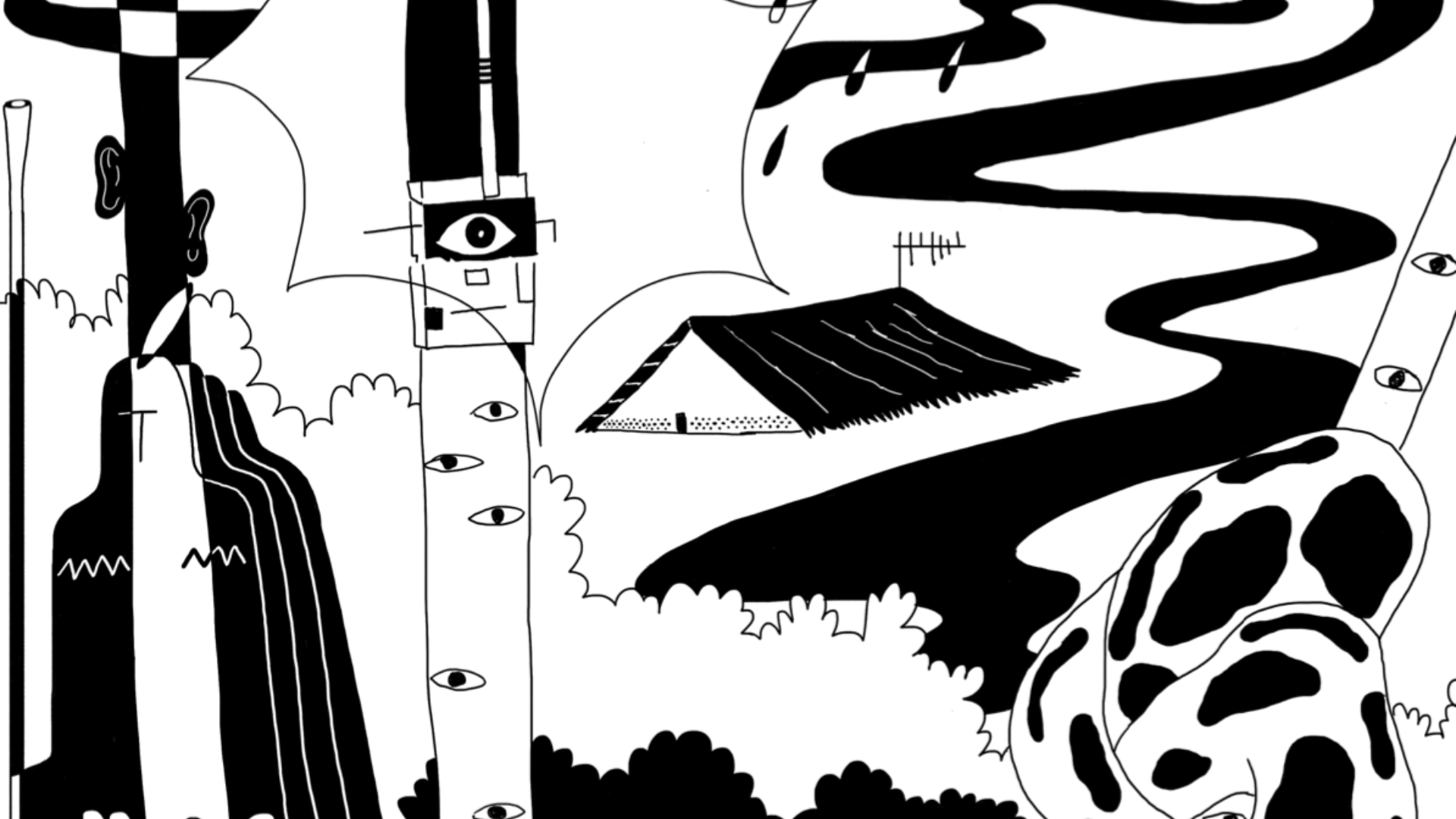2 Years of Treesistance
Two years ago, Treesistance was created out of an urgent need: to stand beside Indigenous communities who face violence and threats every day for defending the Amazon. What began in 2023 as a small initiative has grown into a global movement rooted in solidarity, courage, and Indigenous leadership.
What makes Treesistance different is simple
It is Indigenous-led at its core. Forest guardians are not an “add-on” to conservation — they are the strategy. By putting their knowledge, their leadership, and their daily realities at the center, we ensure that protection of the Amazon is effective, just, and sustainable.
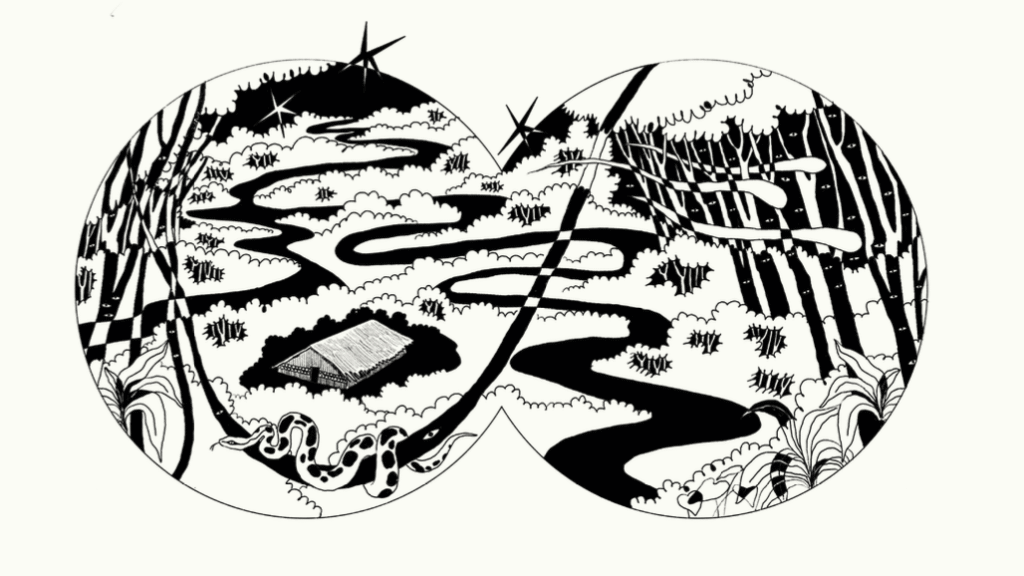
This approach is built on four strategic pillars:
Territorial defence — equipping forest guardians with the tools and training they need to patrol and protect their lands.
Monitoring and research — gathering data and evidence to confront environmental crime and support legal action.
Community empowerment — strengthening education, health, and local economies to build long-term resilience.
International solidarity — connecting Indigenous struggles in the Amazon with allies, funders, and movements around the world.
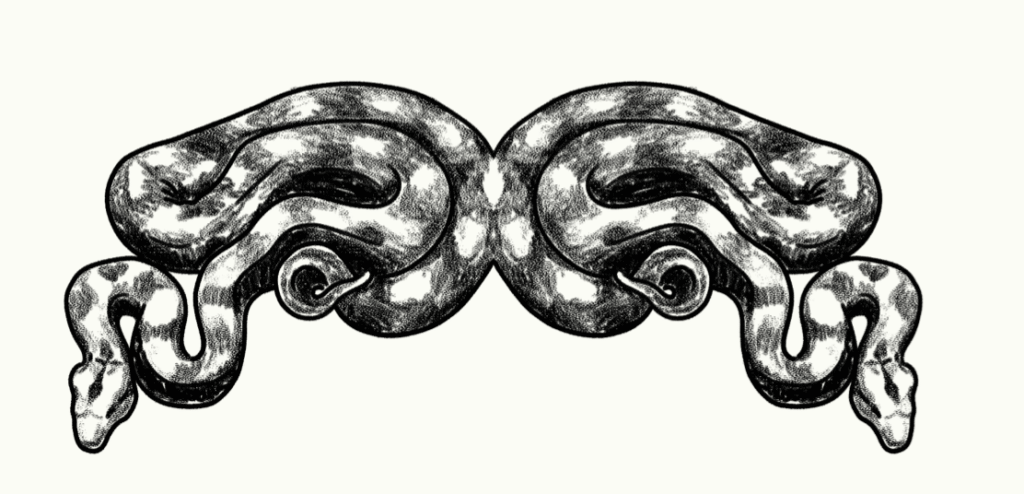
Two years in, this model is already proving its impact. Forest guardians in Maró are carrying out daily patrols, monitoring illegal logging with GPS cameras, and keeping their territory safe. Our track record includes training dozens of new guardians, building partnerships with universities and NGOs, and raising funds that directly support equipment, transport, and security for the defenders on the ground.
This work is resonating far beyond the Amazon. In June 2025, Chief Dadá Borarí became the first Indigenous laureate of the Prix Voltaire sustainability award, a moment of recognition that symbolised the courage of all those who continue to resist. At the same time, Treesistance has seen new founders, funders, and partners join us. They are inspired by the clarity of our mission: that forest protection must be Indigenous-led, and that solidarity is not a slogan but a practice.
Looking ahead, our focus is on scaling this model to new territories, building deeper alliances, and growing a support base that ensures guardians can continue their work with safety and dignity.
Two years of Treesistance have shown what is possible when Indigenous leadership is placed at the center. We are humbled by the resilience of the guardians and grateful for everyone who has walked with us on this path. This is only the beginning — and together, we will continue to resist.
